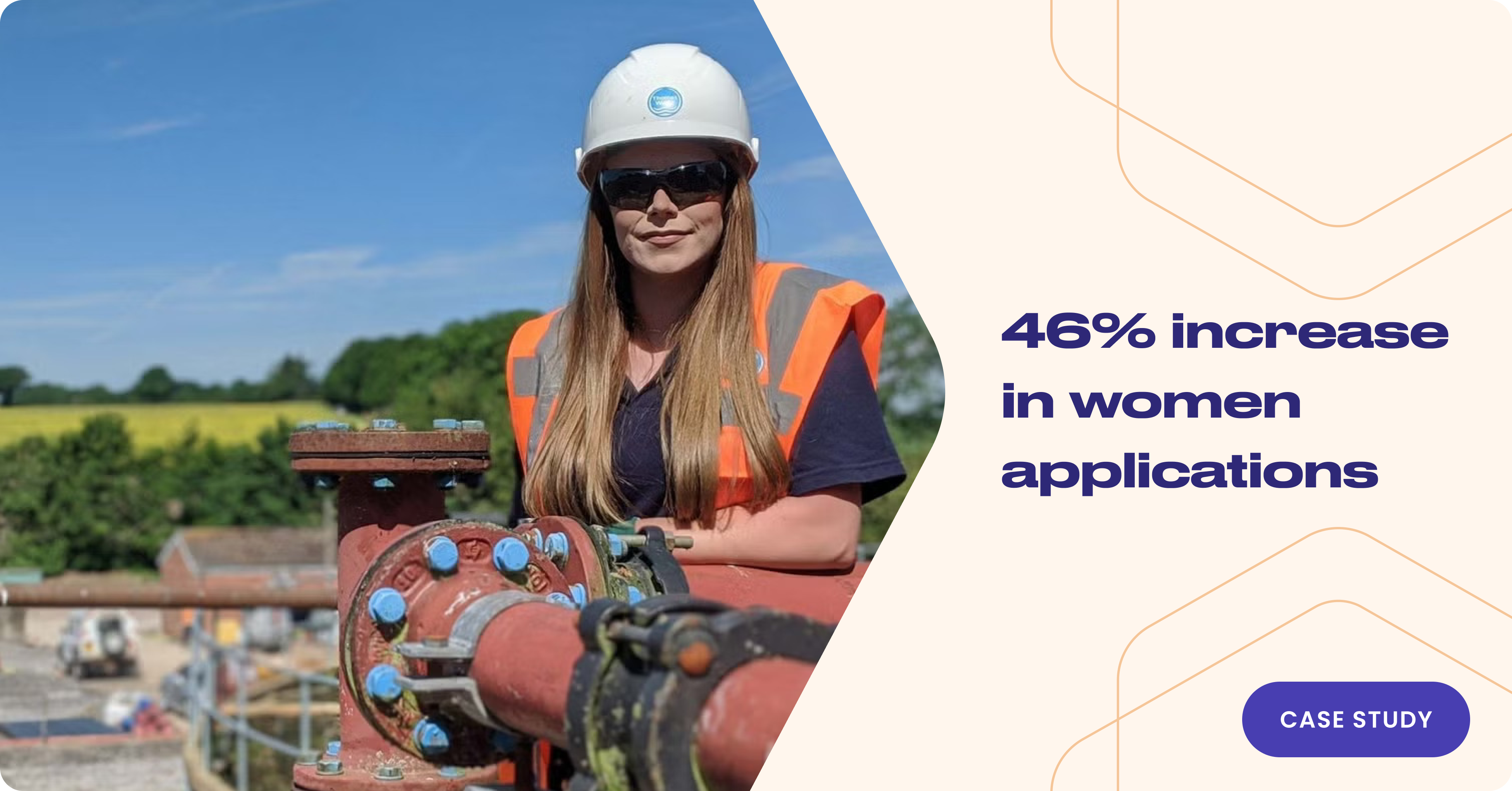Case Study: How Thames Water Attracted 46% More Women to Sewage Engineer Roles

TLDR: Thames Water significantly improved gender diversity by revising job descriptions to remove masculine language like “strong” and “assertive.” They conducted an inclusive language audit, emphasized teamwork and communication, and highlighted their commitment to DEI. These changes led to a 46% increase in female applicants for sewage engineer roles, demonstrating how targeted recruitment strategies can enhance workforce diversity and set a benchmark for male-dominated industries.
In a groundbreaking move to promote gender diversity, Thames Water embarked on a mission to attract more women to its traditionally male-dominated sewage engineer roles. Recognizing that language plays a crucial role in shaping perceptions and attracting talent, the company decided to remove masculine words from their job descriptions. The results were transformative, demonstrating the power of inclusive language in recruitment.
The Challenge:
Thames Water, like many companies in technical fields, faced a significant gender imbalance in its workforce. The sewage engineer role, in particular, had been challenging to fill with female candidates. Job descriptions that included terms such as “strong,” “competitive,” and “assertive” were inadvertently discouraging women from applying.
The Strategy:
- Inclusive Language Audit:
Thames Water conducted a comprehensive audit of their job descriptions, identifying terms and phrases that were overtly masculine or potentially off-putting to women.
- Revised Job Descriptions:
They replaced masculine terms with gender-neutral language. For example, instead of “We are looking for a strong candidate,” the revised description read, “We are looking for a dedicated and reliable candidate.”
- Emphasis on Teamwork and Collaboration:
The new job descriptions highlighted qualities such as teamwork, communication, and problem-solving, which appeal broadly across genders.
- Promoting Company Values:
Thames Water underscored their commitment to diversity, equity, and inclusion (DEI) within the revised job postings, making it clear that they valued diverse perspectives and were actively seeking to improve gender balance.
The Results:
The changes led to a remarkable increase in female applicants for the sewage engineer roles. Specifically:
• 46% Increase in Female Applicants:
The revised job descriptions attracted 46% more women to apply for the sewage engineer positions compared to the previous year.
• Enhanced Workforce Diversity:
The initiative not only increased the number of female applicants but also helped Thames Water to build a more diverse and inclusive team, bringing varied perspectives and enhancing problem-solving within the team.
Conclusion:
Small changes lead to huge behavioural changes.
Thames Water’s success story is a compelling example of how targeted changes in recruitment strategies can significantly impact gender diversity. By removing masculine words from job descriptions and promoting an inclusive work environment, Thames Water has set a precedent for other companies in male-dominated industries.
This case study underscores the importance of language in shaping workplace culture and attracting diverse talent. It also highlights the broader benefits of diversity, which include improved team dynamics, increased innovation, and better overall performance.
Does this inspire you to check your Job Descriptions? If yes, head to Gender Decoder. It’s free.
If you want to learn more about behavioural design and how it creates more equitable and fair practices that improve diversity, feel free to book some time with our team.